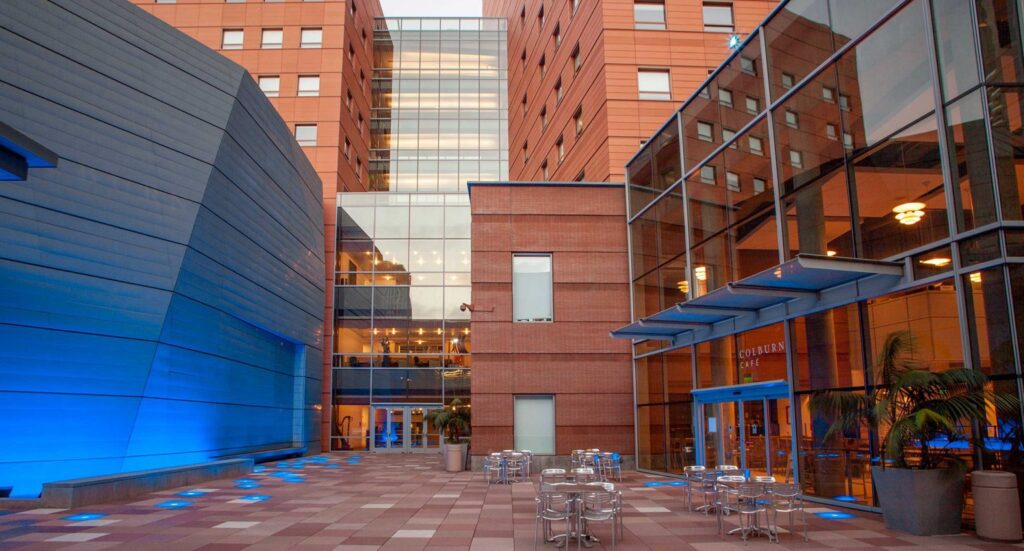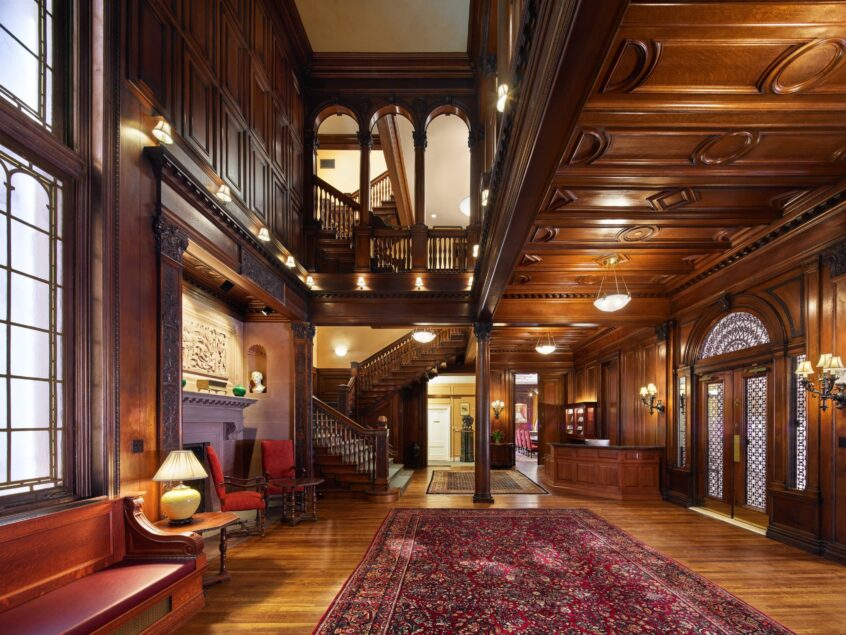Quick Answer
Conservatory acceptance rates range from under 5% to around 30%:
- Curtis Institute of Music — <5%
- Juilliard School — 7%
- Colburn School — ~10%
- New England Conservatory — ~25%
- Eastman School of Music — 20–25%
- Manhattan School of Music — 30%
- Indiana University Jacobs School of Music — 25–30%
- University of Miami Frost School of Music — 25–30%
👉 These conservatory acceptance rates 2024 can be misleading: competition is based on studio size (e.g., violin, flute, voice), not just percentages.
Why Conservatory Acceptance Rates 2024 Matter
Families often see single-digit admissions rates and assume it’s impossible to get in. But acceptance rates only paint part of the picture.
Each conservatory admits students by instrument or voice type. For instance, a school may accept only one harpist in a given year but ten clarinetists. That’s why odds vary so dramatically depending on your instrument.
(Internal link: Compare these numbers with our guide to the Best Music Schools in the US 2025.)

Acceptance Rates by Conservatory
Curtis Institute of Music – Philadelphia, PA
Curtis is the hardest music school in the United States to enter. Its acceptance rate is below 5%, sometimes as low as 3%. This is partly because Curtis is so small—only about 175 students total. Each studio admits only when there is an opening, which means some instruments may not accept anyone in a given year.
Another factor is Curtis’s full-tuition scholarship policy. Since every student attends tuition-free, the school can afford to admit only the very top applicants. For elite-level performers, Curtis represents the ultimate challenge.
Juilliard School – New York, NY
Juilliard admits approximately 7% of applicants, making it an extremely selective institution, but still more accessible than Curtis. Its global prestige makes it one of the most sought-after music schools worldwide. Juilliard alumni include world-famous artists such as Yo-Yo Ma, Audra McDonald, and Renée Fleming.
Juilliard’s acceptance rate varies across programs. Voice studios may have different openings than violin or piano studios. The published number is an average, but actual odds depend on who is retiring, which ensembles require balance, and the number of students leaving.
Colburn School – Los Angeles, CA
The Colburn School in Los Angeles admits about 10% of applicants. Like Curtis, it offers tuition-free study to all conservatory students, making it very attractive to high-level performers.
Its downtown LA location gives students direct access to the Los Angeles Philharmonic, major recording studios, and film scoring opportunities. This geographic advantage is one reason Colburn continues to rise in reputation.
New England Conservatory – Boston, MA
New England Conservatory (NEC) admits around 25% of applicants. While that number looks generous compared to Juilliard or Curtis, competition in specific majors—especially jazz performance—remains fierce.
NEC has deep connections with Boston’s cultural institutions, notably the Boston Symphony Orchestra. It produces over 900 concerts annually, providing students with ample stage experience.
Eastman School of Music – Rochester, NY
Eastman’s acceptance rate typically ranges from 20% to 25%. As part of the University of Rochester, Eastman combines the intensity of a conservatory with the academic depth of a research university.
Eastman is firm in brass, theory, and composition. Many of its students also pursue double majors or minors in non-music fields, making it an attractive option for those seeking flexibility.
Manhattan School of Music – New York, NY
The Manhattan School of Music (MSM) admits about 30% of applicants. This higher percentage reflects MSM’s larger size compared to conservatories like Curtis or Colburn.
But students should not assume MSM is “easy” to enter. Some studios, particularly those specializing in voice and piano, are highly competitive. MSM’s location in New York City gives students unique access to opera houses, jazz clubs, and freelance performance opportunities.
Indiana University – Jacobs School of Music – Bloomington, IN
The Jacobs School of Music admits between 25% and 30% of applicants. With thousands of students, Jacobs is one of the largest music schools in the world.
Its scale is both an advantage and a challenge. On one hand, students benefit from hundreds of ensembles and the chance to perform in a dedicated opera house. On the other hand, standing out in such a large environment requires initiative.
University of Miami – Frost School of Music – Miami, FL
The Frost School of Music admits about 25–30% of applicants. Unlike many traditional conservatories, Frost emphasizes innovation and cross-disciplinary study. Its experiential music curriculum provides students with hands-on training in business, production, and technology.
Miami’s cultural diversity and its growing reputation as a hub for music technology make Frost an exciting option for forward-looking students.
Comparison Table
| School | Location | Acceptance Rate | Best For |
|---|---|---|---|
| Curtis | Philadelphia | <5% | Elite classical performers |
| Juilliard | NYC | 7% | Prestige + orchestral |
| Colburn | Los Angeles | 10% | Free tuition, top classical |
| NEC | Boston | ~25% | Jazz + classical blend |
| Eastman | Rochester | 20–25% | Conservatory + academics |
| MSM | NYC | ~30% | Urban access, opera, jazz |
| Indiana Jacobs | Bloomington | 25–30% | Large ensembles, variety |
| Miami Frost | Miami | 25–30% | Business + tech focus |
FAQ
Q: Which conservatory is hardest to get into in 2024?
A: Curtis Institute of Music, with fewer than 5% admitted.
Q: Why are conservatory acceptance rates misleading?
A: Because decisions are made studio by studio, not across the whole school. A violinist may face odds below 2%, while a tuba player might face odds closer to 20%.
Q: Do conservatories offer scholarships?
A: Yes. Curtis and Colburn offer full tuition. NEC, Juilliard, and others award significant merit aid to strong applicants.
Q: Should I apply to multiple conservatories?
A: Absolutely. Most successful students apply to 5–7 schools, which increases the chance of finding the right fit.
Q: Is a higher acceptance rate always better?
A: Not necessarily. Schools with higher percentages, like MSM or Indiana Jacobs, can still be highly competitive for specific instruments.
See additional stats at Peterson’s Music School Admissions.

